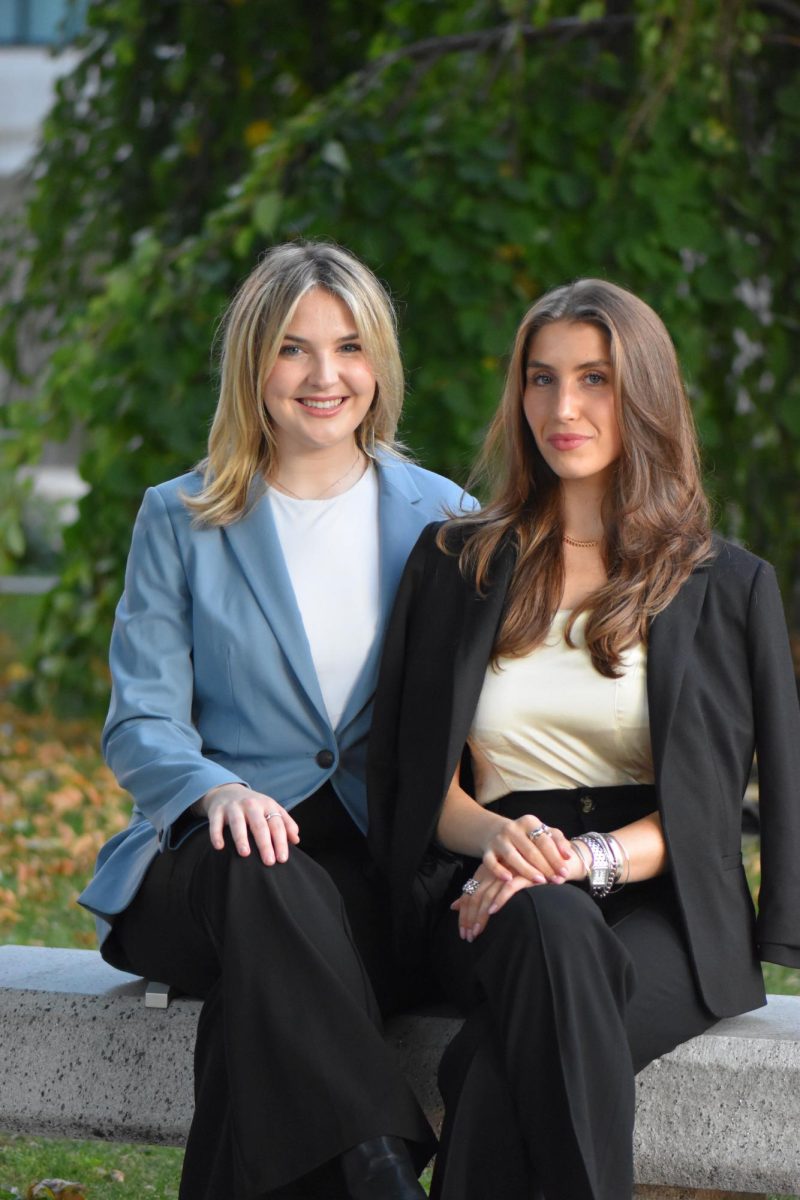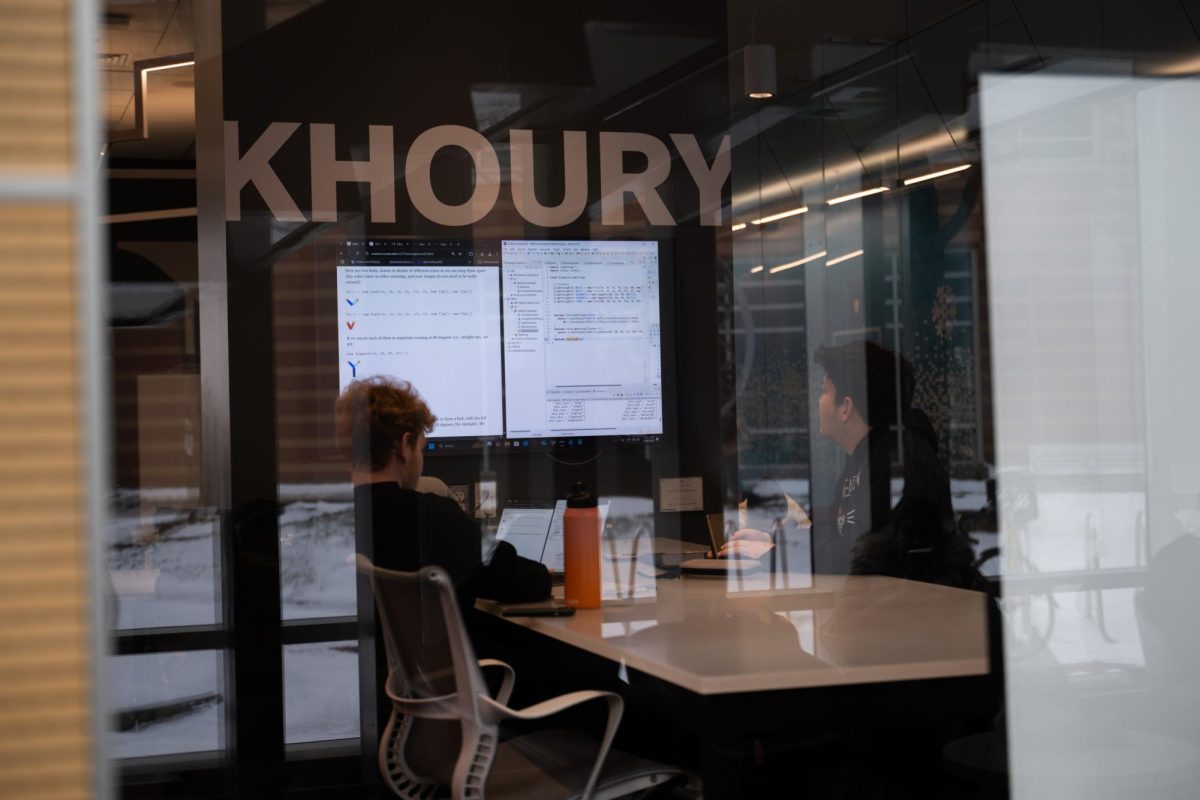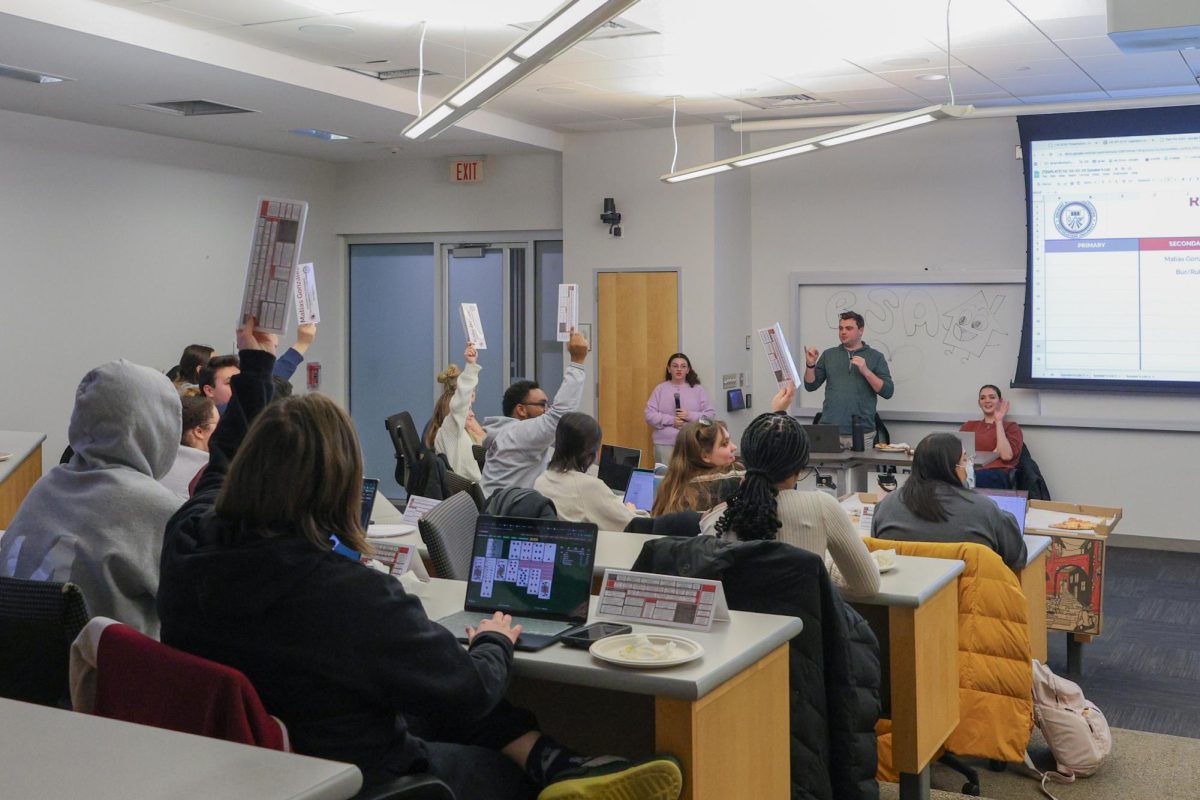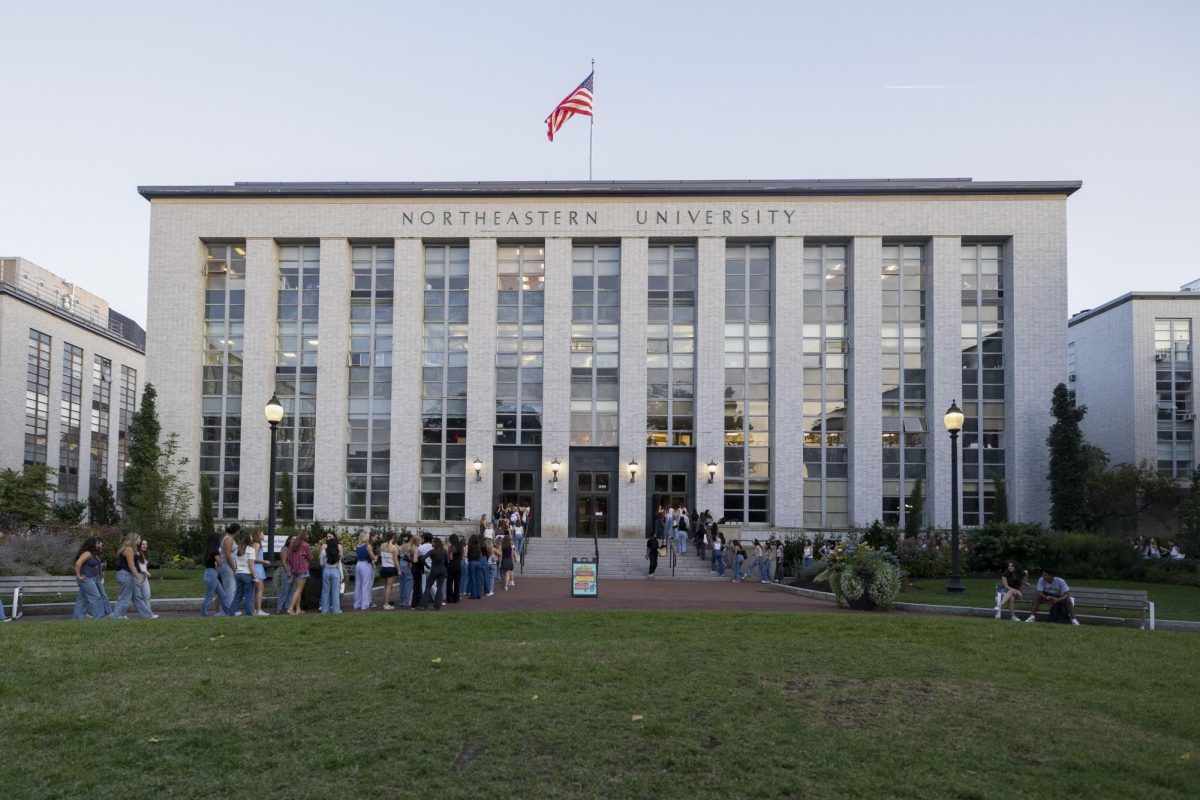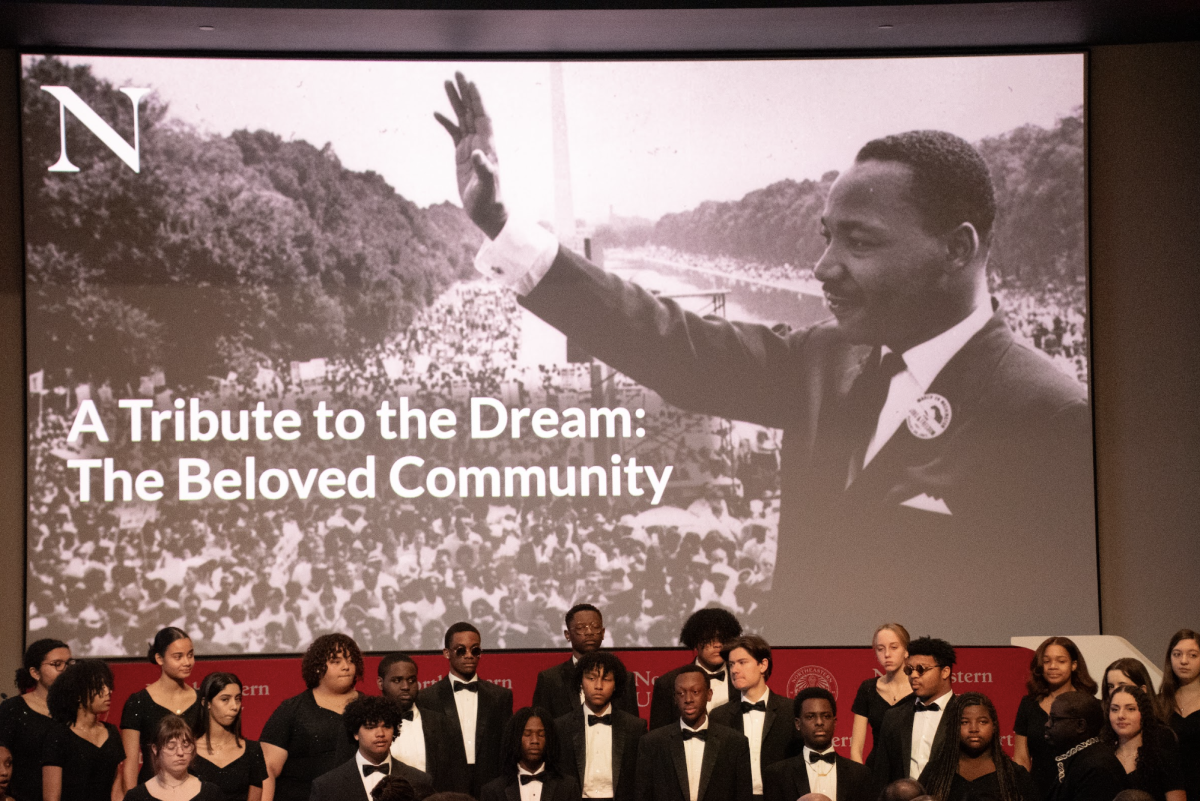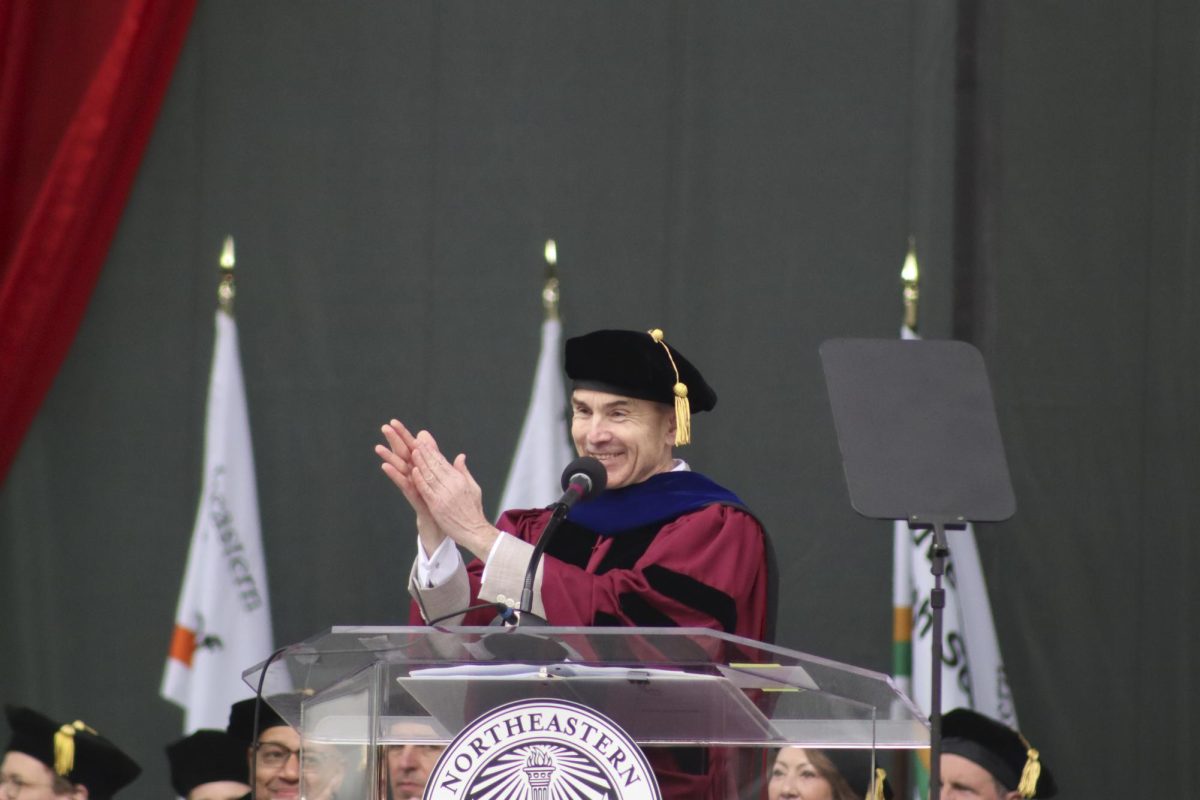There is no doubt that Northeastern is looking to build an Ivory Tower, and possibly within the next 10 years. In only the past five years, the university has ratcheted up the support for academics, and the campus is looking more and more like an island unto itself.
Obviously, there are benefits to this, the first of which will be that students’ degrees will look a heck of a lot better in the eyes of those looking for capitalist crusaders (read: skilled laborers).
For those keeping score at home, though, it’s obvious that Northeastern is a little late to the game, especially in the ancient towers of Boston, where even the engineering school down the road, as MIT was once known, became the less stuffy bridge to 21st century expansion. Harvard, MIT and Boston University may always have higher towers, but Northeastern has the chance to pick up where most of their counterparts left off in the realm of social responsibility as we inevitably bound our way into respectable-institution status.
Social responsibility may sound like some sort of hippie holdout term that involves composting at Oberlin, or holding a daily peace march at Berkeley, but the truth is that it has a lot of practical implications for a 21st century where people will simultaneously be expanding their own understanding of themselves and their environment, and destroying said selves and surroundings at the same time.
Looking down from the tower, academics have the benefit of understanding this, and so do their students. That means both parties can make a conscious choice to involve themselves in research projects that will help alleviate human suffering and environmental destruction they know happens.
Social responsibility is a localized effort, though, and what is so exciting about Northeastern is that it has already shown a willingness to participate. Programs that focus on urban development and expanding the reach of medicine are positive steps.
Even the little things, like the prevalence of recycling around campus and the truly fair wages immigrant workers are paid by Chartwells in the food service facilities are great contributions.
It can go one step further, though. Our engineering school, rather than modeling as a feeder program defense contractors like Raytheon, could be contributing to sustainable energy projects that our happening in are state.
So too could our political science students get lessons in community organizing by finding out how difficult it is to unionize an immigrant workforce, or convince admittedly apathetic vendors to help put food on the table of impoverished farmers’ homes in Central America by selling Fair Trade Coffee. These are programs that society is already embracing that can built into the curriculum.
If the goal of an Ivory Tower is to provide an oasis, then it seems worth it to make college such a gleaming haven for students in all facets of life that they can’t help but expect anything less from life after college as well. But in this case, they’d be expecting it for everyone. And that makes all the difference.
– Stephen Babcock is a junior journalism major and a member of the News staff.



